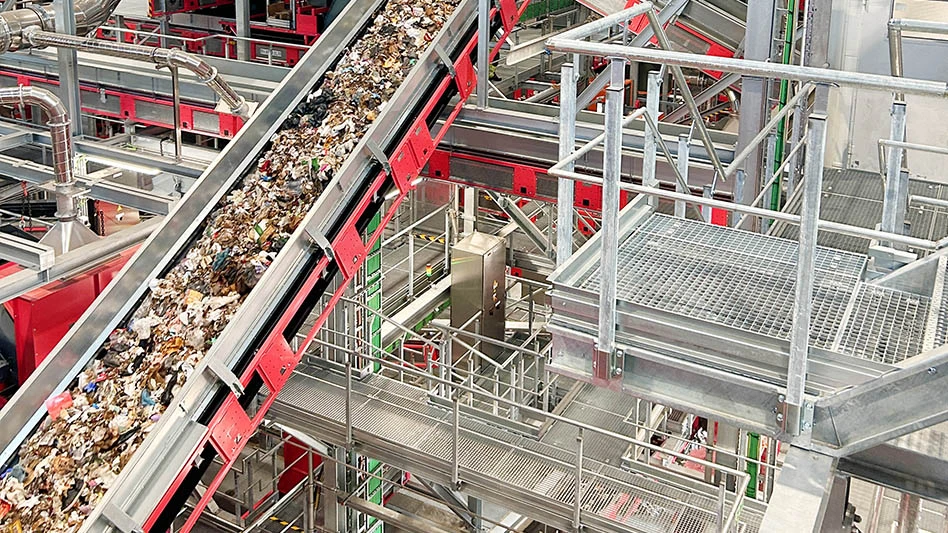
Dmitry Naumov | stock.adobe.com
The city of Long Beach, California, has entered into exclusive negotiations with Annapolis, Maryland-based Bioenergy Devco to construct an organics recycling facility to recycle food waste by converting it to an organic soil amendment and renewable natural gas (RNG).
“We’re proud to partner with the city of Long Beach on this advanced organic processing facility,” Bioenergy Devco CEO Shawn Kreloff says. “Our proven anaerobic digestion technology can help communities like Long Beach achieve their sustainability goals and reduce greenhouse gasses generated by food waste.”
RELATED: Putting food waste to use | Bioenergy Devco receives permits to expand Delaware facility
The Long Beach facility will use anaerobic digestion technology to generate biogas from organic waste streams, then clean and condition the gas to pipeline-quality RNG. Once complete, Long Beach's facility will process up to 314,000 tons of organic material per year, mitigating the release of more than 47,545 tons of CO2-equivalent into the atmosphere, Bioenergy Devco says. The new facility will be constructed on the Southeast Resource Recovery Facility (SERRF) site, previously operated by Morristown, New Jersey-based Covanta. SERRF is slated to be decommissioned and demolished by the city later this year.
“We are excited to collaborate with Bioenergy Devco on this advanced recycling facility,” says Jane Hermsen, energy resources department bureau manager for the city of Long Beach. “This facility will not only help us meet our environmental goals, but it will also provide economic benefits to the region.’
Bioenergy Devco says its public-private collaboration with the city of Long Beach marks a significant advancement in sustainable waste management practices and an example of environmental responsibility. By utilizing anaerobic digestion technology to recycle organic waste into RNG and soil amendments, this project will reduce greenhouse emissions, create local jobs and bolster energy resilience by reducing reliance on fossil fuels, the company says.
Get curated news on YOUR industry.
Enter your email to receive our newsletters.Latest from Waste Today
- US Senate backs reduced cuts to EPA
- ELV Select Equipment, Reworld aid NYPD in secure firearm disposal
- Waste Connections announces Q2 results
- Returnity and Cosmoprof to address reusable bag waste
- SWANA releases report on aging WTE facilities
- New economic assessment reveals cost benefits of California’s SB 54
- Premier Truck Sales & Rental opens new facility
- TeknTrash Robotics, Sharp Group partner on humanoid robot pilot






